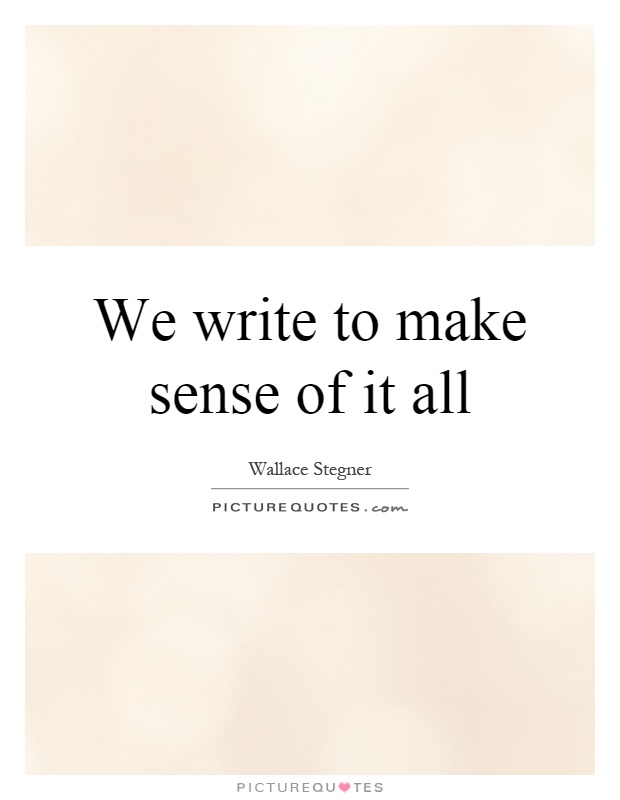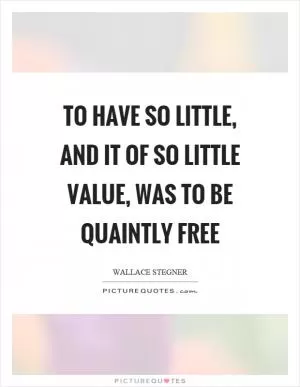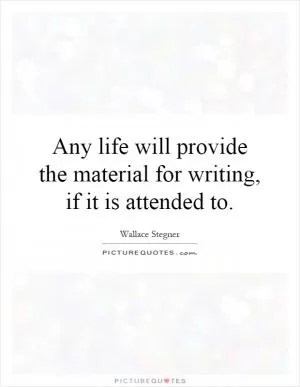We write to make sense of it all

We write to make sense of it all
Wallace Stegner, a renowned American writer and environmentalist, once said, “We write to make sense of it all.” This simple yet profound statement encapsulates the essence of why many writers, including Stegner himself, feel compelled to put pen to paper. Writing serves as a means of processing the complexities of life, of grappling with the chaos and confusion that often surrounds us. It is a way to make sense of our experiences, our emotions, and our place in the world.Stegner, known for his powerful and evocative prose, often explored themes of nature, identity, and the human condition in his work. His writing was deeply rooted in the landscapes of the American West, reflecting his own deep connection to the land and his concern for its preservation. Through his writing, Stegner sought to make sense of the changing world around him, to understand the forces at play in shaping our environment and our society.
For many writers, the act of writing is a form of therapy, a way to process their thoughts and emotions, to make sense of the chaos and confusion that can often overwhelm us. Writing allows us to explore our innermost thoughts and feelings, to delve into the depths of our subconscious and bring to light the truths that lie buried within us. It is a way to confront our fears, our doubts, and our insecurities, and to find meaning and purpose in the midst of uncertainty.
In the context of Stegner’s work, “We write to make sense of it all” takes on a deeper significance. His writing was not just a means of personal expression, but a way to engage with the world around him, to grapple with the pressing issues of his time. Through his novels, essays, and letters, Stegner sought to make sense of the environmental challenges facing the American West, to raise awareness of the need for conservation and stewardship of the land.












 Friendship Quotes
Friendship Quotes Love Quotes
Love Quotes Life Quotes
Life Quotes Funny Quotes
Funny Quotes Motivational Quotes
Motivational Quotes Inspirational Quotes
Inspirational Quotes